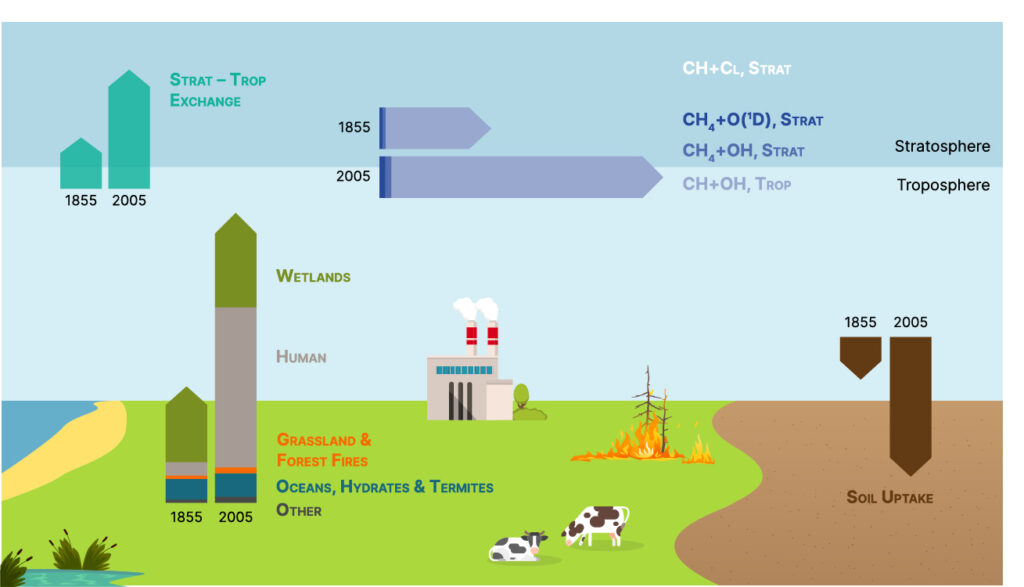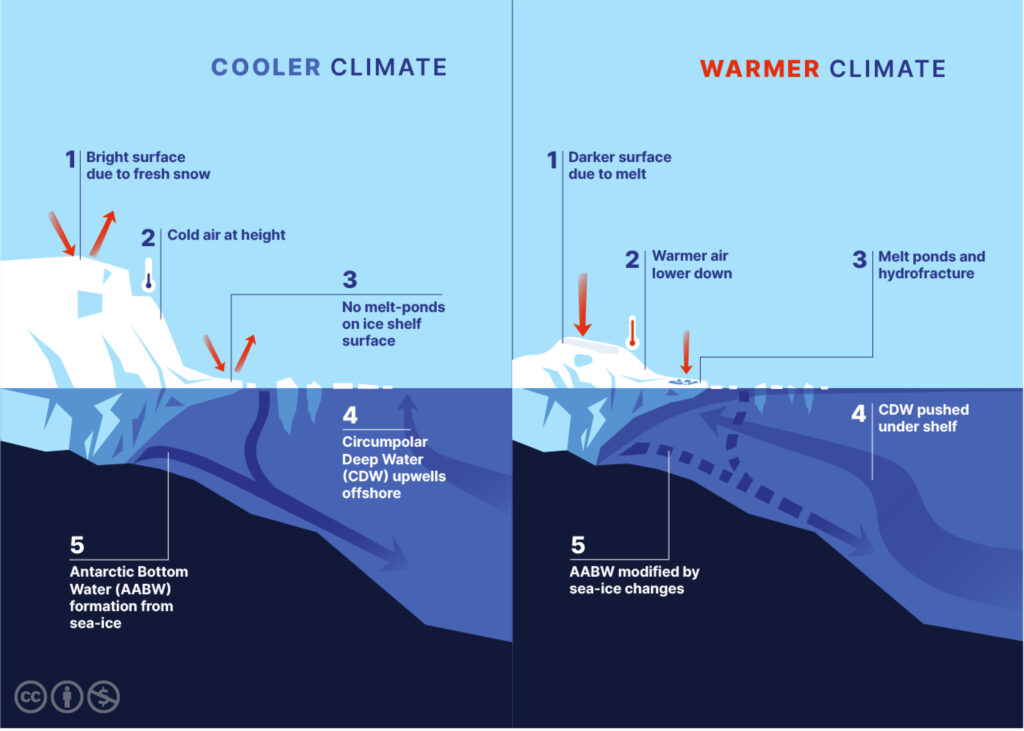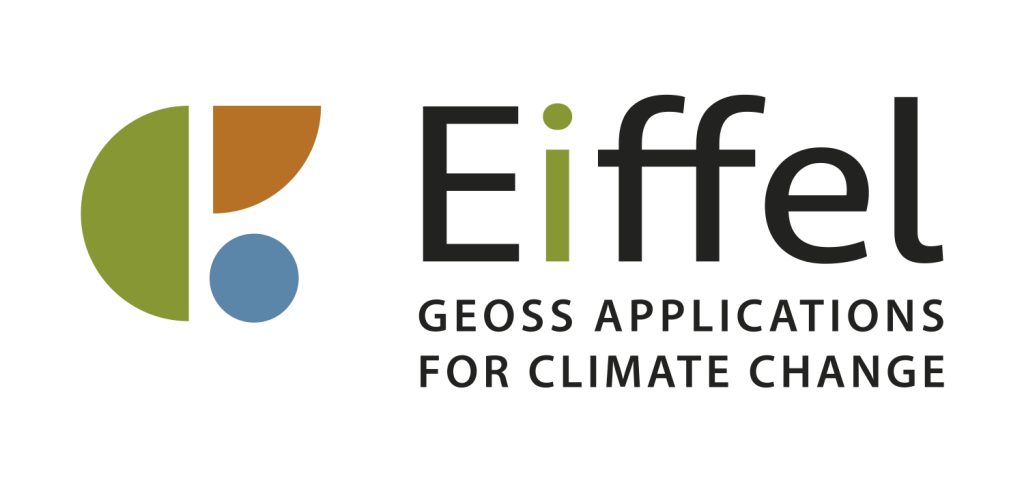Advancing Climate Innovation with SummarAIser for Knowledge Management In the face of an accelerating climate crisis, the ability to harness and share research effectively is critical to fostering impactful solutions. […]
General public
The UPSURGE project, led by BURST, focuses on urban Nature Based Solutions (NBS) for biodiversity and climate change. BeeOdiversity, a key partner, introduces the BeeOmonitoring tool, utilizing bees to gather environmental data. This innovative approach requires minimal effort from beekeepers and facilitates collaboration via an online dashboard. Past projects in Belgium show promising results in biodiversity and pollution reduction. Dr. Nguyen’s vision emphasizes integrating economic, environmental, and social aspects for sustainable change, aligning with NBS.
Several years after the signing of the Paris Agreement, oil and gas production continues at a fast pace despite a near global recognition of the ongoing energy transition away from fossil fuels (IEA, 2021a, 2021b). The increasing demand for oil and gas caused by the post-pandemic lockdown economic recovery threatens the momentum gained by the energy transition.
Rather than trying to plant as many trees as possible, research coming out of the LANDMARC project suggests that it might be better to focus on planting fewer trees and managing them well, in a way that’s good for the underlying soil.
Air pollution is a growing concern that continues to strongly affects cities worldwide, posing significant threats to both human health and the environment. Nature based solutions is an innovative approach that harness the power of nature and its inherent ability to filter, absorb and mitigate pollutants. In the frame of the Upsurge project, different NBS are being implemented to study their benefits with a focus on air quality and climate remediation.
The first fully-coupled methane emission driven Earth system model capable of simulating the impact of anthropgenic forcing on natural environments, as well as the impact of methane emissions and mitigation strategies on air quality.
This article gives an overview of the recent advances on the interactive modelling of ice sheet dynamics in Earth System Models, and the implications for reducing the uncertainty of sea-level rise projections, especially when considering multi-centennial timescales of changes or low-likelihood high-impact scenarios.
In this article, we provide an overview of current understanding of the land-to-ocean carbon fluxes. We describe the new conceptual model of the land-to-ocean aquatic continuum (proposed by Regnier et al, 2022, Nature), as well as ongoing work to include this new knowledge in Earth System Models.
The Global Stocktake assesses the world’s collective progress towards achieving the purpose of the Paris Agreement and its long-term goals.
EIFFEL H2020 project offers the EO-based community the ground-breaking capacity of exploiting existing GEOSS and external datasets, with minimal new data collection activities. Added-value services interoperable with GEOSS will be designed, using cognitive search and metadata augmentation tools based on Artificial Intelligence (AI), including Natural Language Processing. These tools will leverage advanced cognitive features to extract meaningful information from and enrich GEOSS metadata.
- 1
- 2





